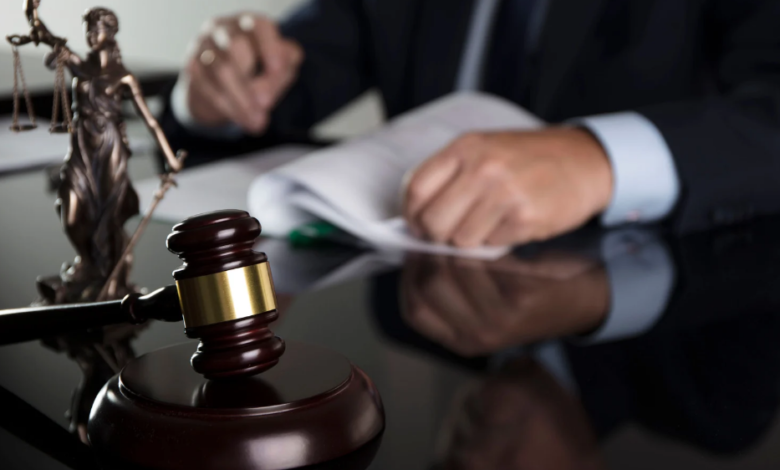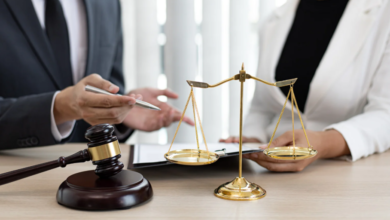The Role of a Shootings Attorney in Seeking Justice Beyond Criminal Trials

The aftermath of a shooting doesn’t end when a criminal case concludes. For many victims, the financial, emotional, and physical repercussions continue long after sentencing. A shooting’s attorney in Georgia provides critical legal support by helping victims seek civil justice, compensation and accountability that go beyond the scope of a criminal trial.
Unlike prosecutors, who represent the state and focus on punishment, shooting attorneys work directly for victims. Their goal is to recover damages for medical bills, lost wages, psychological trauma, and long-term disability. Civil claims also give victims the chance to hold additional parties accountable, such as negligent property owners or organizations that failed to provide adequate security.
Assessing Liability and Building a Case
In many shooting cases, liability extends beyond the shooter. A skilled attorney examines every aspect of the event, where it happened, how it happened, and who may have failed in their duty of care. Whether it occurred at a business, concert, apartment complex, or workplace, property owners may share fault if they ignored known risks or failed to implement proper security measures.
Legal professionals understand how shooting victims’ attorneys help maximize compensation by constructing strong arguments that incorporate both direct and third-party negligence. This may involve obtaining surveillance footage, interviewing witnesses, and consulting with security experts to demonstrate how the incident could have been prevented with reasonable precautions.
By thoroughly analyzing all responsible entities, attorneys can often recover compensation from multiple sources, easing the financial burden on the victim and their family.
Determining Damages and Pursuing Civil Claims
Every shooting has unique consequences, and no two compensation claims are identical. A well-structured civil suit accounts for the totality of harm, emergency treatment, surgeries, rehabilitation, counseling, lost earning capacity, and emotional distress.
Understanding the different types of compensation available is vital. Attorneys familiar with shooting injury lawsuits, understanding damages and compensation, know how to evaluate both economic and non-economic losses. They also ensure that victims are not pressured into low settlements by insurance companies looking to resolve the matter quickly.
Additionally, these attorneys navigate complex legal processes such as wrongful death claims, punitive damages in cases of gross negligence, and long-term care considerations. By quantifying both immediate and future losses, they strengthen the claim’s overall value and help survivors move forward with greater security.
Why Civil Justice Matters
Pursuing civil justice is not just about financial recovery. It’s about restoring a sense of power and agency to individuals who have suffered life-altering trauma. Filing a lawsuit may also influence change, leading to increased safety measures in high-risk areas and corporate accountability.
More importantly, victims gain a platform to tell their stories and demand responsibility from all parties involved. Whether or not the criminal court delivers a conviction, civil litigation provides another route to justice, one focused on restitution and closure.
Conclusion
A shooting’s attorney does more than file paperwork, they fight to restore stability, dignity, and justice for victims who’ve endured one of life’s most traumatic events. Through careful investigation, damage assessment, and legal strategy, they pursue civil accountability that criminal trials often overlook. By turning to the civil courts, survivors gain access to compensation, healing, and a renewed sense of control over their future.



